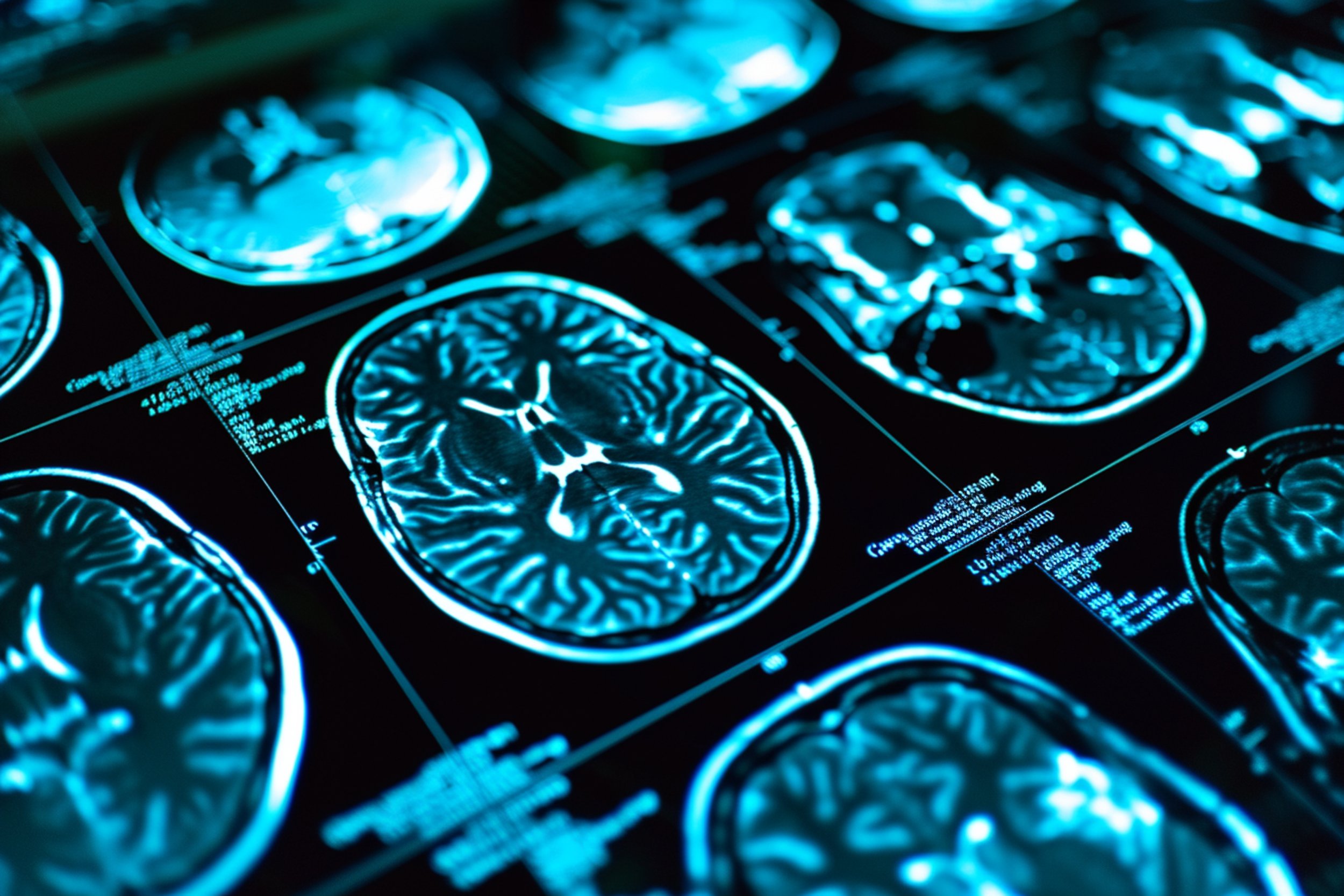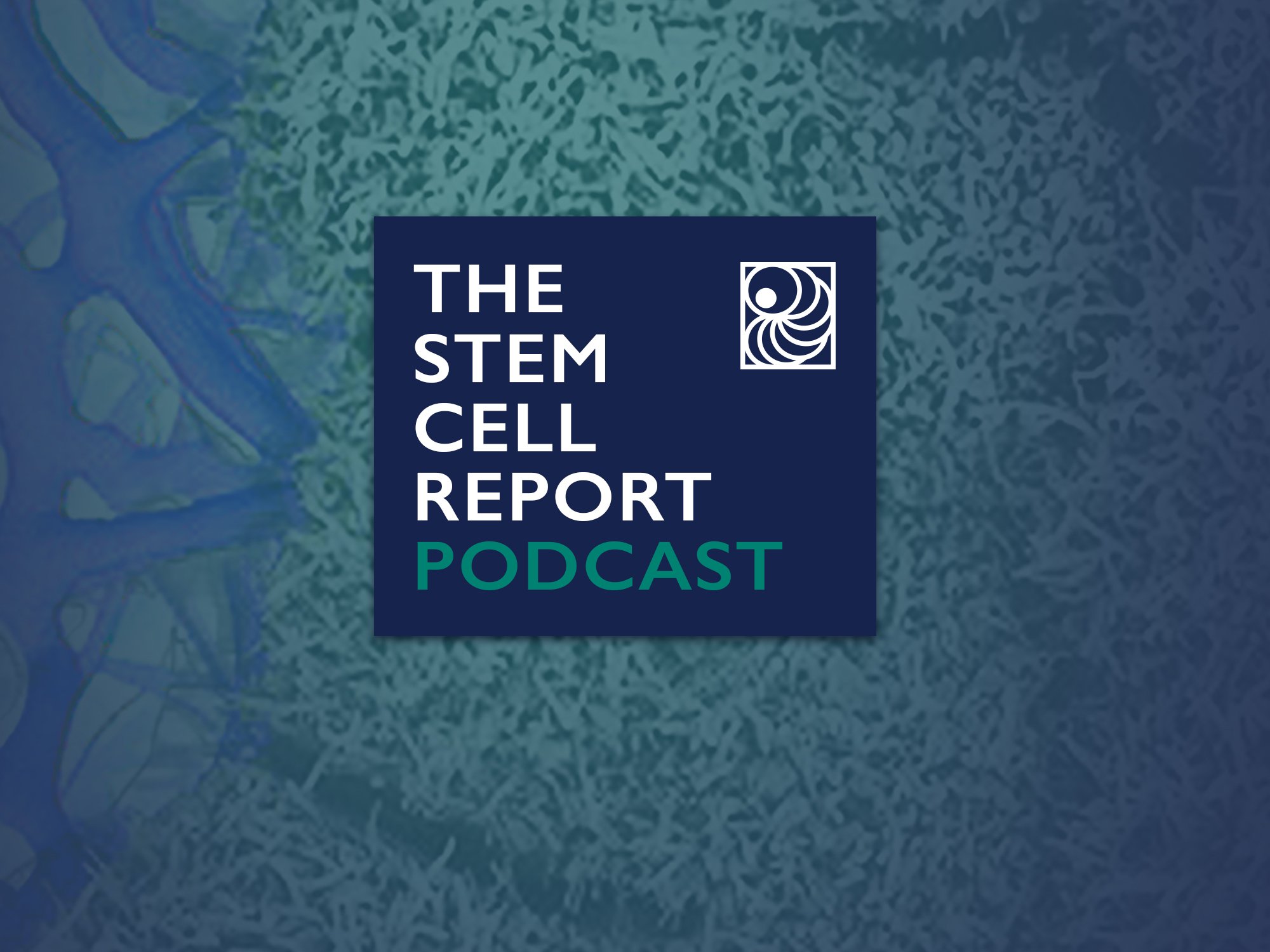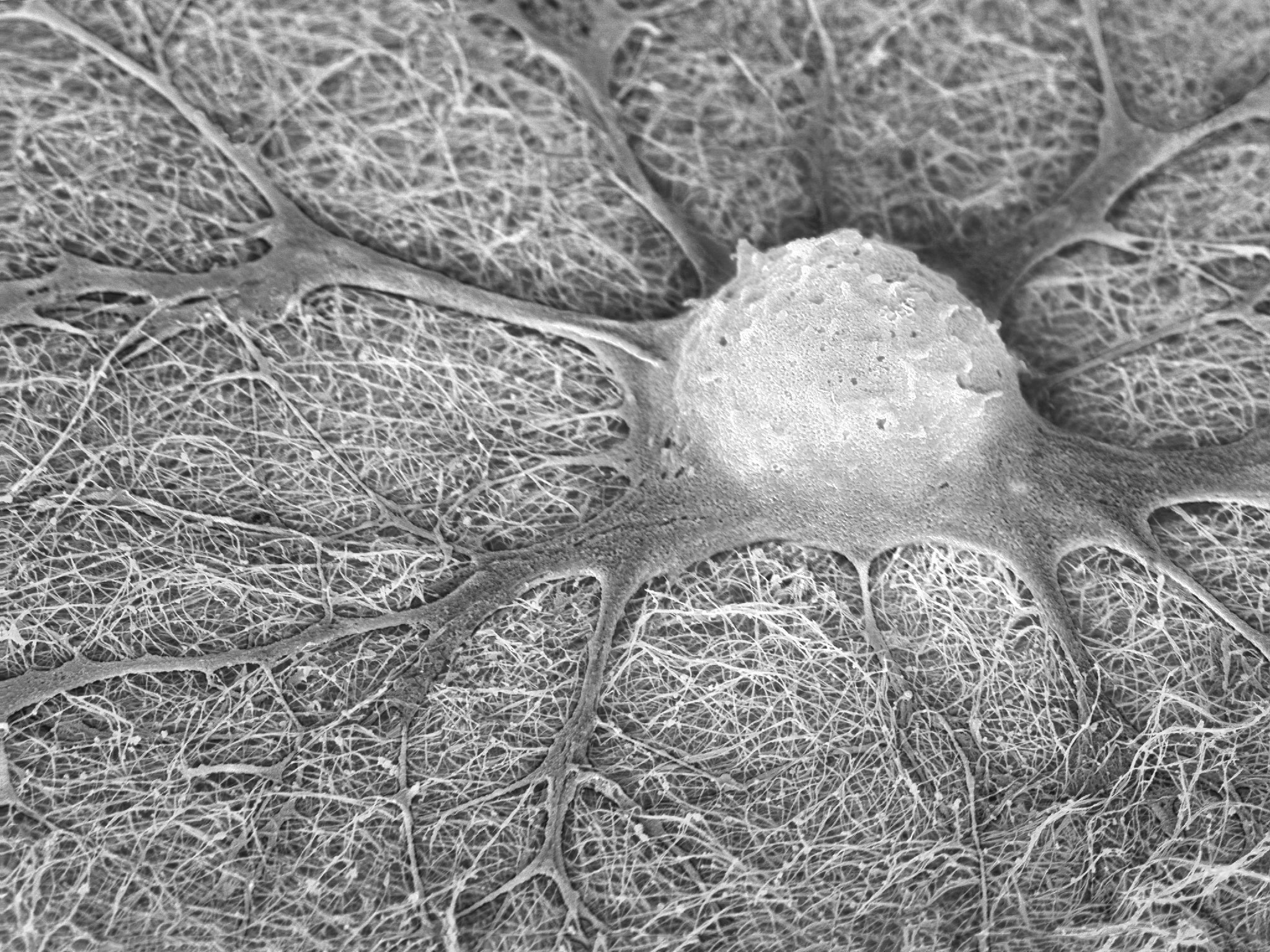ISSCR News

Stem Cells Shed Insight Into Cardiovascular Disease Processes
When thinking about the immune system, most people think about B and T cells and how they can be trained to recognize pathogens, preventing re-infections. Besides this “adaptive” immune system, we also have an “innate” immune system which acts as first line defense against e.g. bacteria and viruses. The textbook view is that the innate immune system is non-specific so that it’s response always follows the same pattern, even for recurring infections. However, research published today in Stem Cell Reports provides evidence that brief exposure to certain “danger signals” can prime the body’s innate immune system into a long-term hyperreactive and inflammatory state termed “trained innate immunity.”

Repurposing Drugs to Eliminate Cellular Origins of Brain Tumors
In an effort to rapidly identify new treatments effective against BTSCs, a team of researchers from the University of Ottawa, Canada, tested Edaravone, an FDA-approved drug, for its efficacy against BTSCs, knowing that Edaravone blocks cellular processes which are important for the growth and survival of BTSCs.

New Podcast Episode. PSC Developmental Bias: The Mechanism and the Variation in Human Neural Development
The guests on this episode of The Stem Cell Report studied functional variation in human PSC lines as they progress through neurectoderm versus mesendoderm lineages and fore- versus hind-brain development. They will discuss the origin and consequences of inter-individual variation in the early events orchestrating human neural development, the extent to which such variation might impact on adult health and disease, and how it might be exploited in stem cell therapy.

Scientists Aim to Decode the Genetic Roots of Mental Illness on a Large Scale
Neurodevelopmental and psychiatric disorders (NPD) including schizophrenia, bipolar disorder, autism, and depression are detrimental to individuals, their families and society as a whole, and in many cases still lack effective treatments. It’s becoming more and more clear that genetic mutations in certain genes can increase the likelihood of developing NPD, and several hundreds of those “risk genes” have been identified to date, but their role related to NPD remains a mystery.

New Podcast Episode. Aging, Stem Cells, and Biological Clocks
In this episode of The Stem Cell Report, Martin Pera is joined by Konrad Hochedlinger, PhD, and Rebecca Gorelov, PhD, to discuss their recent publication in Stem Cell Reports. Epigenetic clocks are promising biomarkers of aging, but little is known about their cellular basis.

Receive ISSCR Press Releases
Sign up be a part of ISSCR’s media list. Media Contact: Kym Kilbourne, Director of Media and Strategic Communications
Subscribe to ISSCR News.
Each month, ISSCR delivers scientific, policy, and community to your inbox .
